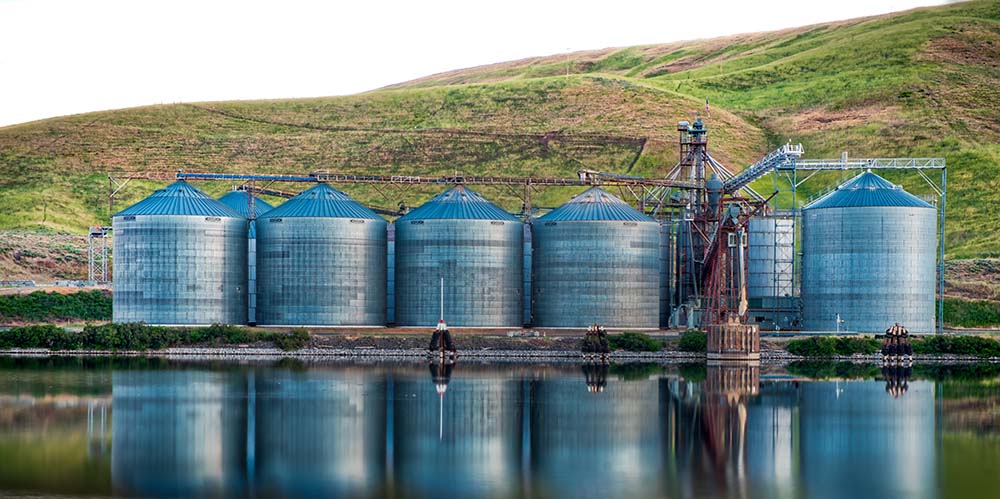About GRP Panel Tanks
A GRP panel, or Glass Reinforced Plastic panel, is a type of composite material made from a combination of glass fibers and a polymer resin, usually polyester or epoxy. This combination results in a strong and lightweight material that is commonly used in various industries for a wide range of applications.
GRP panels, composed of a polymer resin matrix reinforced with glass fibers, boast a high strength-to-weight ratio and exceptional corrosion resistance. Widely used in construction, transportation, and industrial applications, their manufacturing involves layering glass fibers in a mold, applying resin, and curing through heat and pressure, resulting in a durable material requiring minimal maintenance. However, cost considerations and vulnerability to extreme heat or fire are potential limitations.

Why Choose GRP Tanks
Resistance to corrosion
In contrast to steel, GRP (Glass Reinforced Plastic) exhibits complete resistance to corrosion. In instances where metal components are necessary, our GRP tanks incorporate top-tier stainless steel, known for its exceptional resistance to corrosion. This ensures a dependable and secure water supply, eliminating the necessity for continuous maintenance.This feature ensures the longevity of the tank by preventing rust or degradation over time.
Durability
Tanks are known for their robust and durable construction, ensuring they withstand harsh environmental conditions and maintain structural integrity over an extended period.The durability of a water tank is often determined by the strength and resilience of the materials used in its construction. Tanks made from high-quality materials such as polyethylene, fiberglass, or steel are known for their robustness.
Lightweight Design
Compared to traditional materials like steel, GRP tanks are considerably lighter. This feature simplifies transportation, installation, and handling, making them a practical choice for various applications.Water tanks with a lightweight design offer practical advantages during transportation, handling, and installation.The reduced weight simplifies logistics, making it easier to transport the tank to the installation site.
